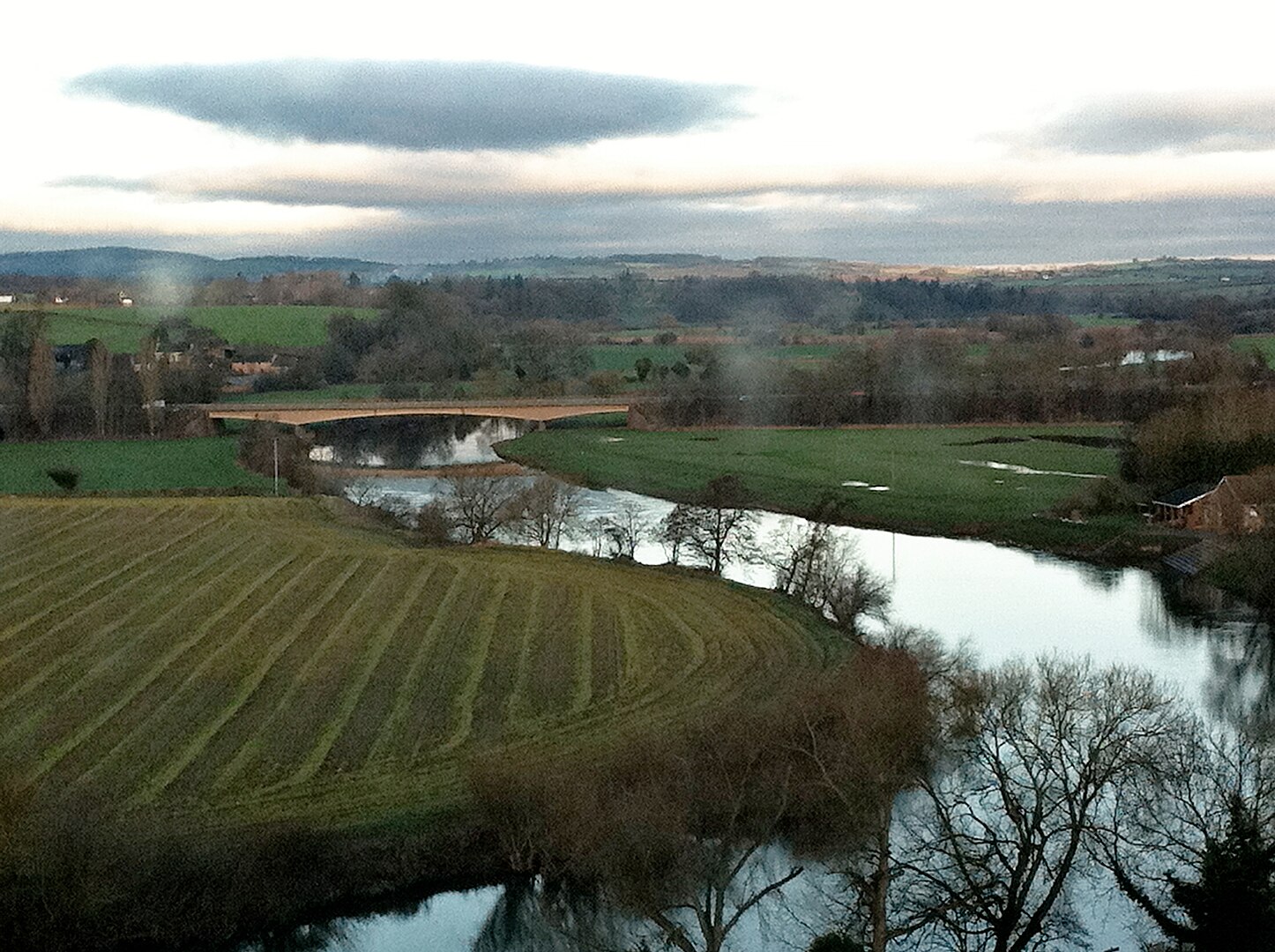 BBC News
BBC NewsBorrowing was £17.4bn last month, the second highest October figure since monthly records began in 1993.

Finito World
The River Wye has long been a symbol of natural beauty – a place of peace, leisure, and the good life. Now, it has become a symbol of something else: a reckoning. With nearly 4,000 people joining the UK’s largest-ever environmental lawsuit against poultry processors and a water utility, the story is no longer just about pollution. It’s about the kind of economy the next generation will inherit, and the skills they’ll need to fix it.
A Generational Crisis
Environmental degradation is no longer a remote concern for young people. It is shaping the job market they are entering. According to the UK Office for National Statistics (ONS), the low-carbon and renewable energy economy supported 247,000 full-time equivalent jobs in 2023. But the UK Climate Change Committee has said that to reach net zero by 2050, that number must triple by 2035.
Meanwhile, traditional rural sectors face mounting pressure. In the Wye Valley, the poultry industry employs around 1,500 people, while tourism contributes over £200 million annually across Herefordshire and Monmouthshire. But Cardiff University found that pollution in the Wye has already reduced regional tourism income by £73 million since 2018, with further losses predicted if ecological degradation continues.
Across the UK, water pollution alone is estimated to cost the economy over £1.3 billion a year through lost biodiversity, agricultural productivity, and tourism. For local businesses and workers, the risks are real — and growing.
A New Kind of Employability
This case signals a clear shift: environmental literacy is now a core skill. From engineering to finance, law to logistics, nearly every industry is being reshaped by sustainability goals and regulatory pressure.
According to LinkedIn’s 2025 Green Jobs Report, the number of UK job postings requiring environmental skills grew 23 percent faster than the overall labour market last year. Roles in sustainability consulting, environmental law, waste reduction, biodiversity monitoring, and green finance are all seeing steady demand.
It’s not just about working in the green economy — it’s about greening the economy we already have.
Lessons for Employers and Educators
The River Wye lawsuit also reveals the fragility of trust in corporate and institutional stewardship. The case brings together not only individual claimants but entire communities — from guest house owners to outdoor education leaders — who rely on a functioning natural environment.
In Herefordshire alone, outdoor recreation supports over 6,000 jobs. Meanwhile, across the UK, the natural environment is estimated to underpin one in 10 jobs, either directly or indirectly. When rivers are poisoned, that isn’t just an ecological tragedy — it’s an employability crisis.
This is where training and education must step in. Only 19 percent of employers currently feel their workforce is “very well equipped” to respond to the demands of a green transition, according to a 2024 CBI survey. Bridging that gap means creating pathways for young people into fields like environmental engineering, agroecology, data-driven pollution analysis, and sustainable agriculture.
Toward a Skills Revolution
Government policy is starting to shift. The Department for Education’s 2024 Sustainability and Climate Change Strategy calls for green skills to be embedded in all post-16 pathways by 2027. However, delivery remains uneven, particularly in rural areas.
Apprenticeships and work placements in environmental and conservation sectors remain undersubscribed. In England in 2023, fewer than 4,000 young people started apprenticeships in land, agriculture or environmental industries — compared to over 100,000 in business administration and retail. That imbalance will need to be addressed if the workforce is to meet future needs.
A Moral and Practical Awakening
Ultimately, the River Wye case is about more than water quality. It is about what kind of economy we want to build — and who we expect to do the building.
For young people starting out, the challenge is not just to find jobs, but to shape industries. Environmental and ethical responsibility will be a standard expectation for employers in the coming years — not a niche priority.
The good news is that this shift opens up new kinds of work. Whether it’s restoring ecosystems, developing sustainable packaging, rethinking farming methods, or enforcing environmental law, the green transition offers the chance for meaningful employment at every level — from vocational careers to research roles.
The bad news is that we’ve waited too long to make this mainstream.
If there is a lesson from the Wye, it is this: short-term growth without environmental governance is not only destructive — it is unsustainable in the most literal, economic sense.
A green economy is no longer an aspiration. It is an imperative. And for the next generation, the future of work will be defined by whether we treat cases like this as isolated tragedies — or a turning point.